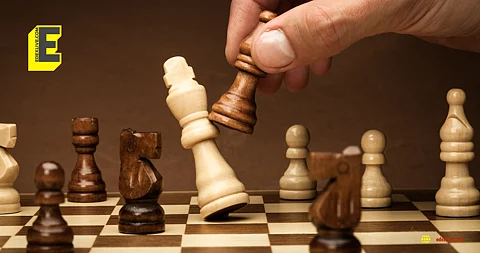

OpenAI’s o3 model emerged victorious in a recent AI chess tournament, defeating xAI’s Grok 4 in the final, intensifying the rivalry between the two companies.
The competition, hosted on Google’s Kaggle platform over three days, featured eight large language models from firms including Anthropic, Google, OpenAI, xAI, DeepSeek, and Moonshot AI.
Unlike specialised chess computers, these AI models were designed for general-purpose tasks, reported the BBC.
OpenAI claims top spot, Gemini takes third
OpenAI’s o3 remained unbeaten throughout the tournament, securing the title, while Google’s Gemini model clinched third place after defeating another OpenAI model. The event showcased the capabilities of general-purpose AI in a strategic game like chess, historically used to evaluate computational progress.
Grok’s struggles in the final
Despite a strong showing until the semi-finals, Grok 4 faltered in the final, making repeated errors, including losing its queen multiple times. “Up until the semi finals, it seemed like nothing would be able to stop Grok 4 on its way to winning the event,” said Pedro Pinhata, a writer for Chess.com.
“Despite a few moments of weakness, X's AI seemed to be by far the strongest chess player... But the illusion fell through on the last day of the tournament.” Pinhata noted Grok’s “unrecognizable” and “blundering” play, which allowed o3 to secure “convincing wins.”
Chess grandmaster Hikaru Nakamura observed during his livestream, “Grok made so many mistakes in these games, but OpenAI did not.”
Chess as a benchmark for AI
Chess has long served as a benchmark for assessing AI capabilities in reasoning, and strategy.
The tournament on Kaggle allowed developers to test their models’ ability to learn and outmaneuver opponents in complex, rule-based games. Historically, chess and Go have been used to evaluate AI, with notable examples like DeepMind’s AlphaGo defeating human Go champions in the late 2010s.
South Korean Go master Lee Se-dol, after losing to AlphaGo, retired in 2019, stating, “There is an entity that cannot be defeated.”
